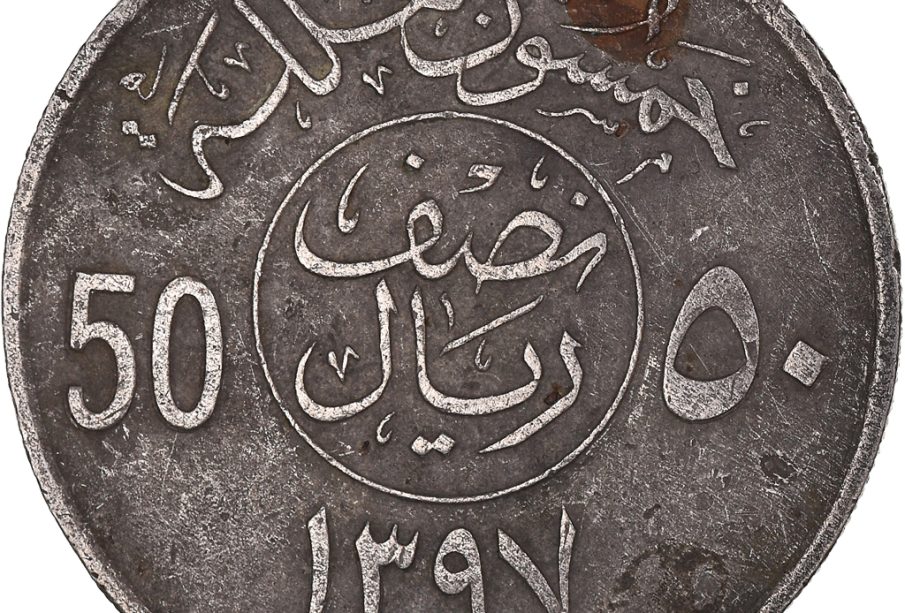Saudi Arabia: A Hub of Change and Development

Introduction
As one of the world’s largest oil producers and a key player in the Middle East, Saudi Arabia remains vital to global economics and geopolitics. With the recent changes introduced by Crown Prince Mohammed bin Salman under the Vision 2030 plan, the nation aims not only to diversify its economy and reduce its dependence on oil but also to enhance the quality of life for its citizens. These developments are crucial not only for the kingdom but also for the global market and political landscape.
Key Developments in Saudi Arabia
Saudi Arabia is currently witnessing significant transformations across various sectors. The Vision 2030 initiative prioritises economic diversification through investments in non-oil industries, tourism, and entertainment. The Saudi government has partnered with international firms to create megaprojects such as NEOM, a $500 billion smart city planned for the northwestern part of the country that promises cutting-edge technology and sustainable living environments.
In recent months, Saudi Arabia has also seen an increase in foreign investment. The increase in international interest can be attributed to efforts to improve business conditions, including regulatory reforms and initiatives to create a more favorable investment climate. The Public Investment Fund (PIF) of Saudi Arabia has committed billions in investments domestically and internationally, aiming to position the nation as a global investment powerhouse.
Social Changes and Cultural Initiatives
On the cultural front, Saudi Arabia is opening up more to the world. The introduction of events such as the Riyadh Season, which features concerts, sporting events, and pop-culture festivals, marks a significant shift in the country’s approach to entertainment. Women’s rights have also improved, as seen in the lifting of the driving ban and increased participation of women in the workforce.
Challenges Ahead
Despite the ambitious goals of Vision 2030, Saudi Arabia still faces challenges such as economic volatility due to fluctuating oil prices and potential pushback against rapid social changes from more conservative factions within its society. Managing these transitions effectively will be essential for the success of the kingdom’s long-term strategies.
Conclusion
In conclusion, Saudi Arabia is at a pivotal moment in its history, striving to transform its economy and society drastically. The global community is watching closely as the kingdom’s ability to navigate these changes will significantly influence the region’s stability and economic prospects. As Vision 2030 unfolds, the country holds immense potential for growth, innovation, and cultural renaissance in the years to come.








